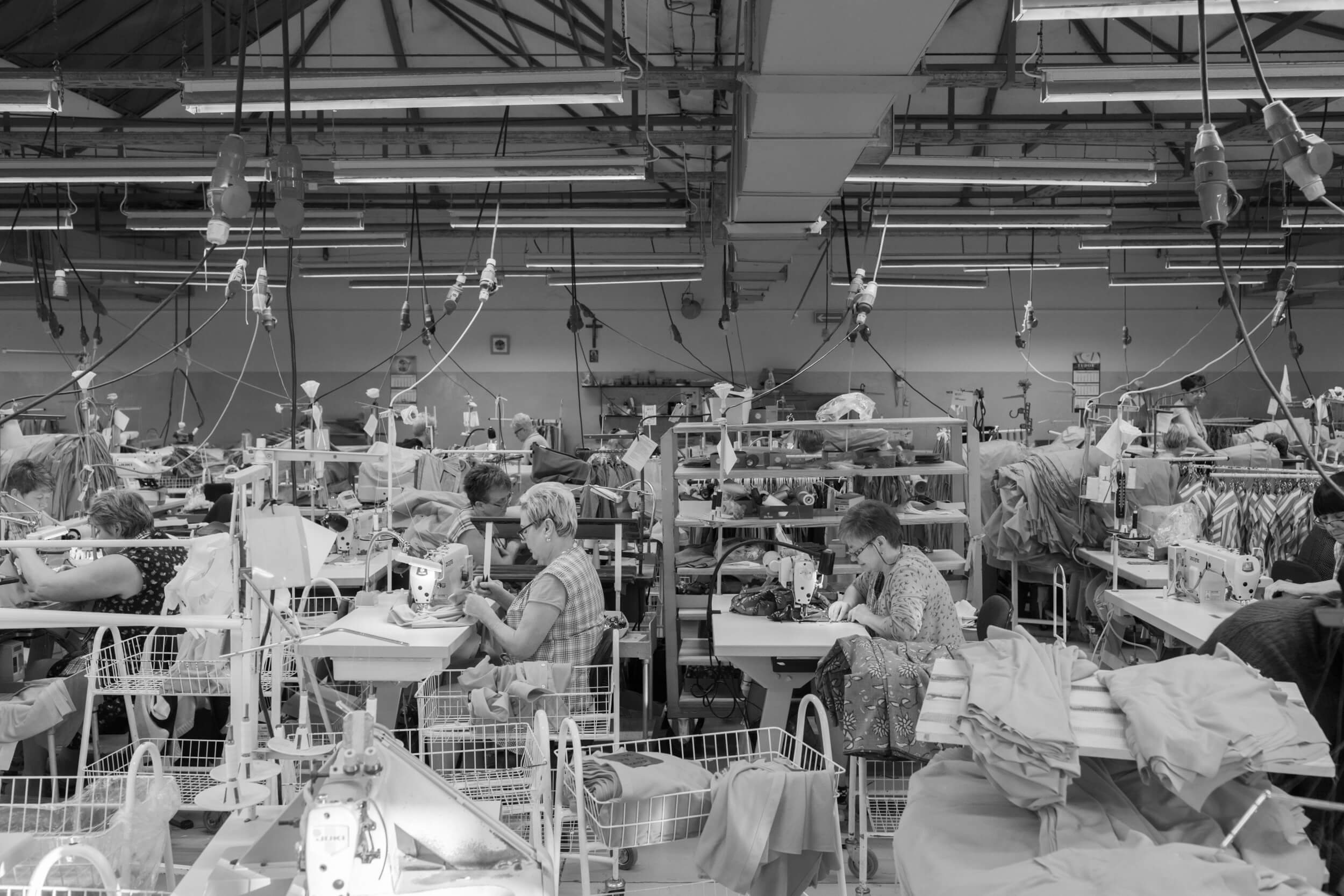
Fashion - an irresistible source of pleasure we all can reveal in. But how can one fully enjoy the freedom of expressing themselves through clothes when we know nothing about #whomadeourclothes. When we hear that the fashion industry is still the second biggest pollutant in the world?
At MAWO sustainability is not a trend or a hype, but an active force that drives our work.
This is how we ensure we are doing things right, across the full production cycle:
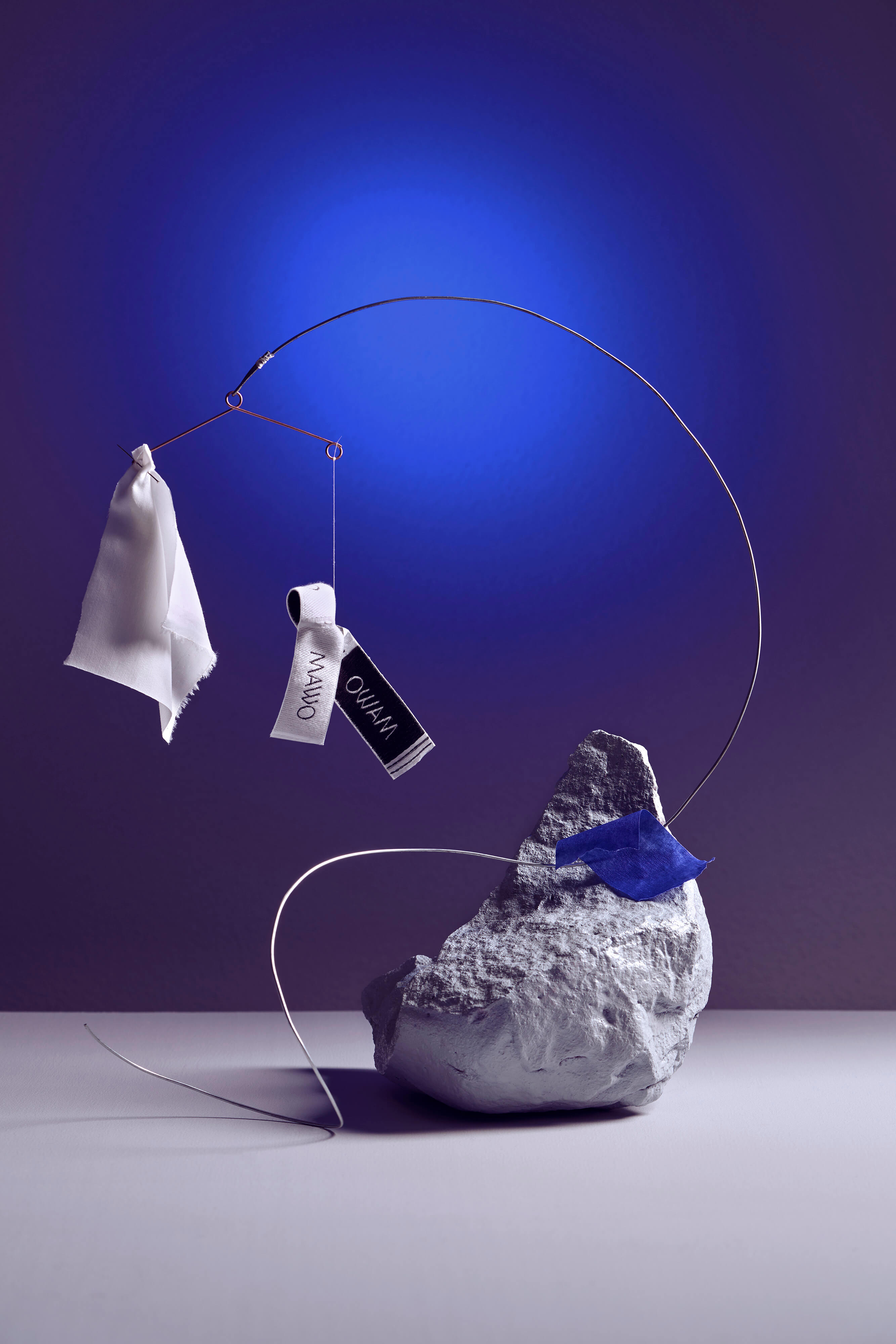
Materials
Compared to sewing, transportation and looking after the product, material production is the most harmful part of the process of making a garment, accounting for up to 70% of its environmental impact.
At Mawo we are addressing this issue in a twofold way: first, by designing with longevity in mind - timeless pieces that can be worn season after season. Second by ensuring that every other garment component (buttons, threads and labels) are certified hence their social and environmental impact is as low as it can possible be. Here are the main certifications we work with:
gots
GOTS (Global Organic Textile Standard) lowers negative social and environmental impact by guaranteeing that workers involved in the process of production are treated well and the natural resources used for that process are less exploited.
OEKO TEX
OEKO TEX (International Association for Research and Testing in the Field of Textile and Leather Ecology). When a fabric or component carries the OEKO TEX STANDARD 100 label it means that it has been certified free from substances harmful to human ecology – people and the environment.
grs
GRS (Global Recycled Standards) aims at increasing the use of recycled materials in products and reduce or eliminate the harm to people and environment caused by its production.
fsc
FSC (Forest Management Certification) is awarded to forests owners or managers who make sure that forests are being managed in a way that preserves biological diversity and benefits the lives of local people and workers.
Fabrics
Our shirts are made from 100% combed, organic, GOTS certified cotton from Turkey. Combed cotton is a softer and stronger than regular type of cotton free from any impurities. GOTS certificate guarantees that the production process of our fabric from start to finish is carefully inspected, that is, farmers are not locked into costly contracts, hazardous chemicals are prohibited, soil is nurtured and 94% less greenhouse gas emissions are produced.
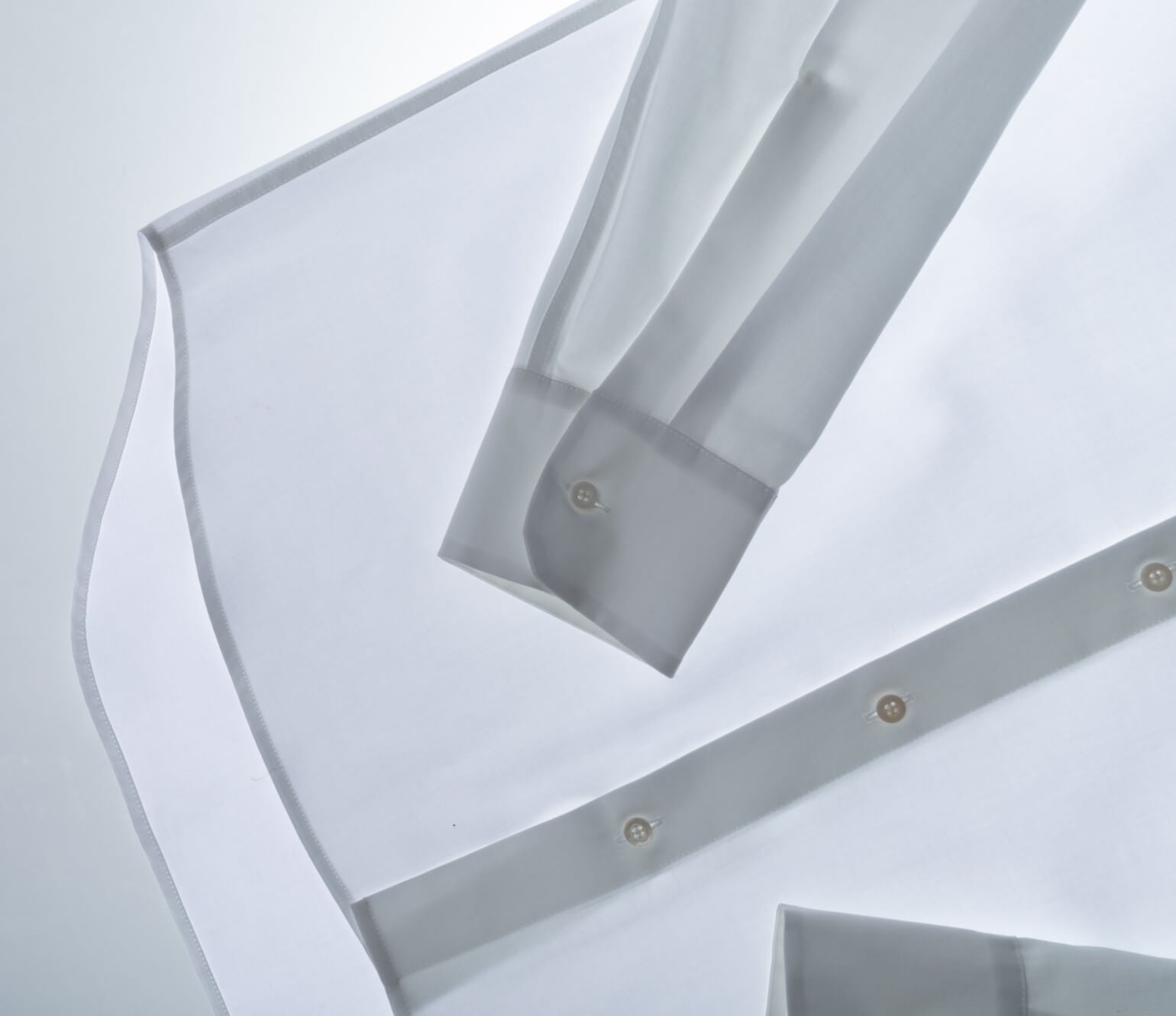
Threads
The shirts are sewn using threads made in Romania of waste plastic from various industrial and post-consumer sources, such as PET bottles. Because they consists entirely of recycled plastic fibres, these threads have a significantly lower carbon footprint than virgin fibres. The threads are GRS and Öeko-Tex Standard 100 certified.
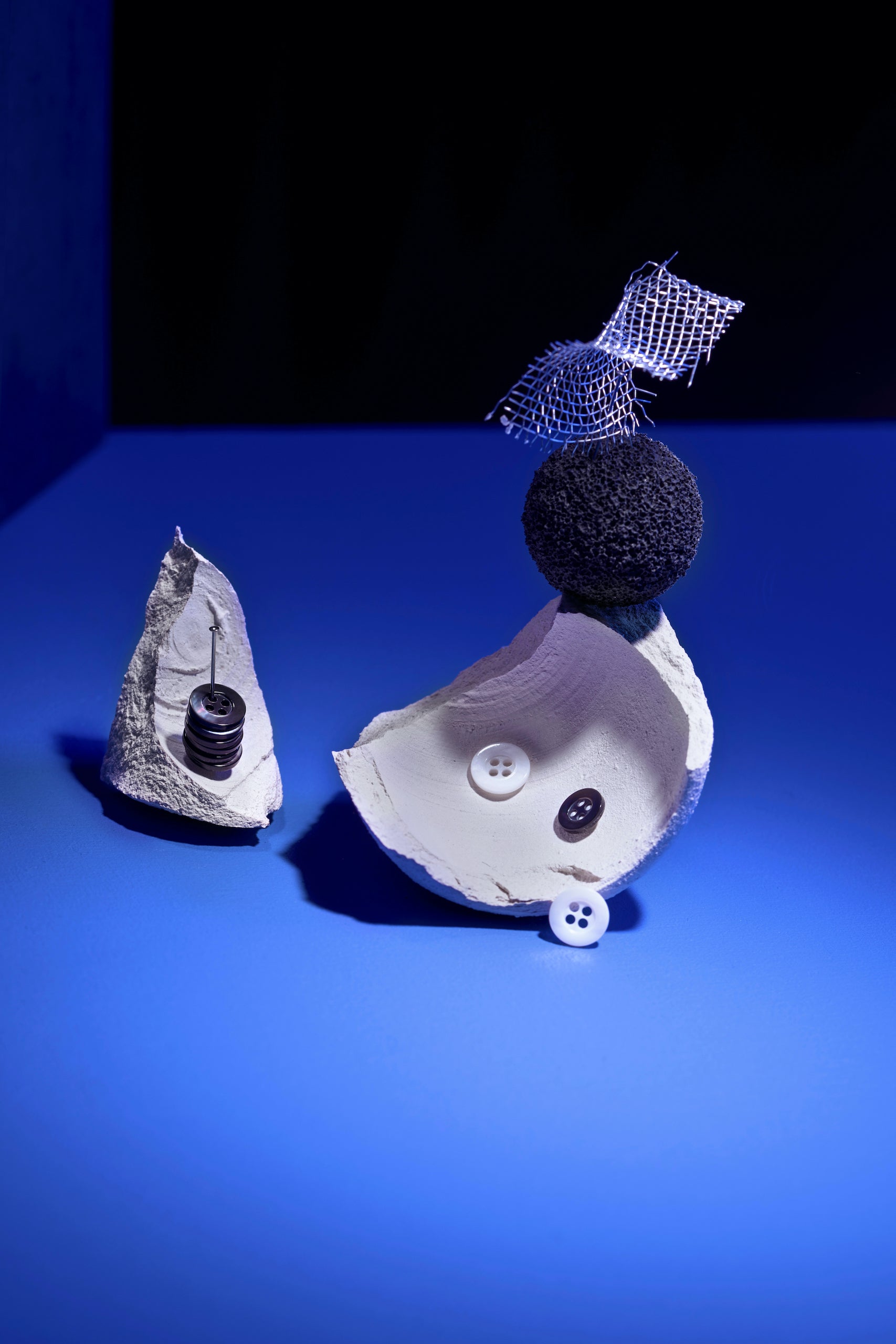

Buttons
The buttons are a very special detail of the MAWO shirt as they come from a variety of freshwater and marine sea life, most often from either mother of pearl or river clam shells. They are produced by a German heritage company, the first in the world to supply GOTS certified buttons.
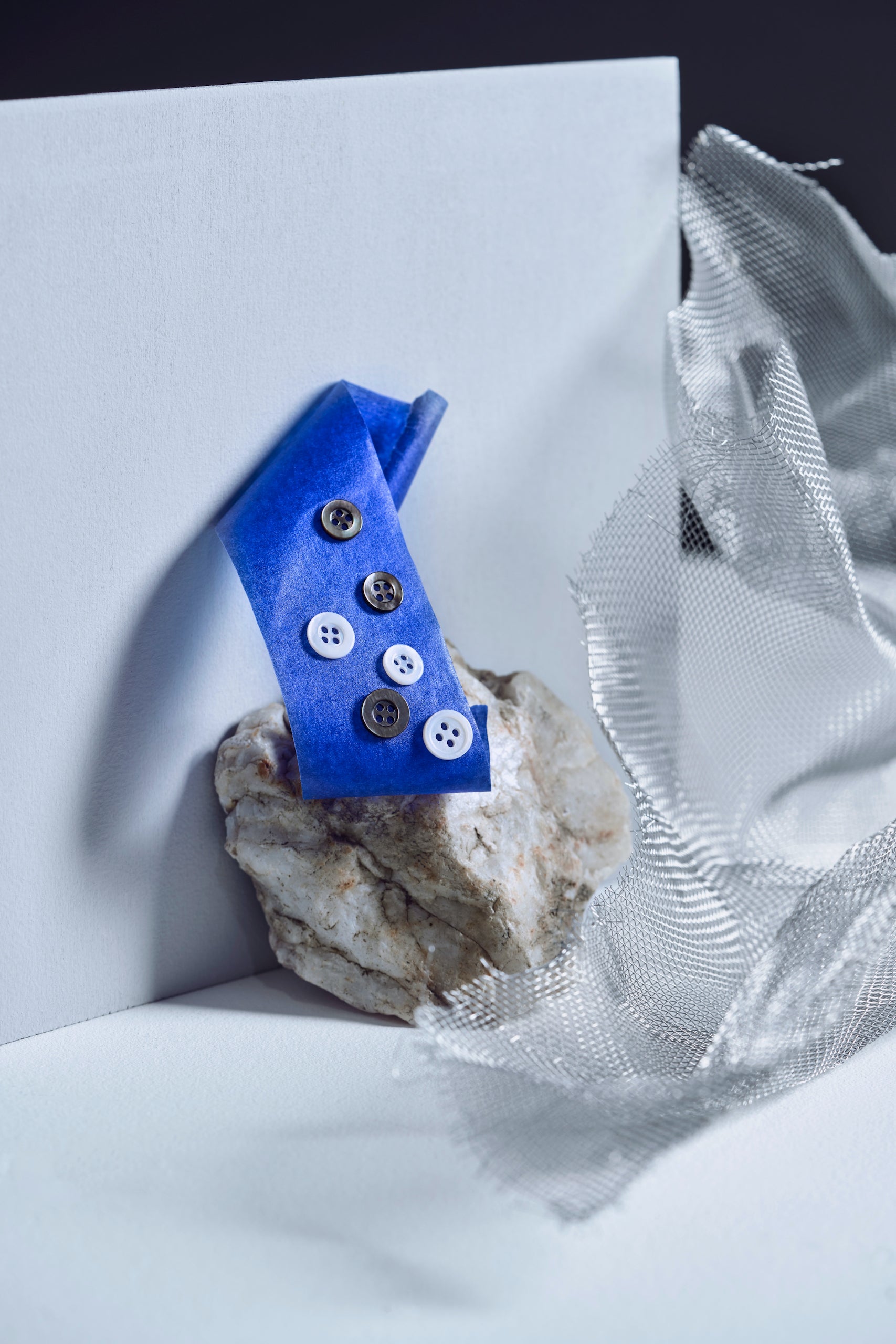
Labels
Our labels are 100% polyester obtained from PET bottles, locally made in Poland and Öeko-Tex Standard 100 certified.
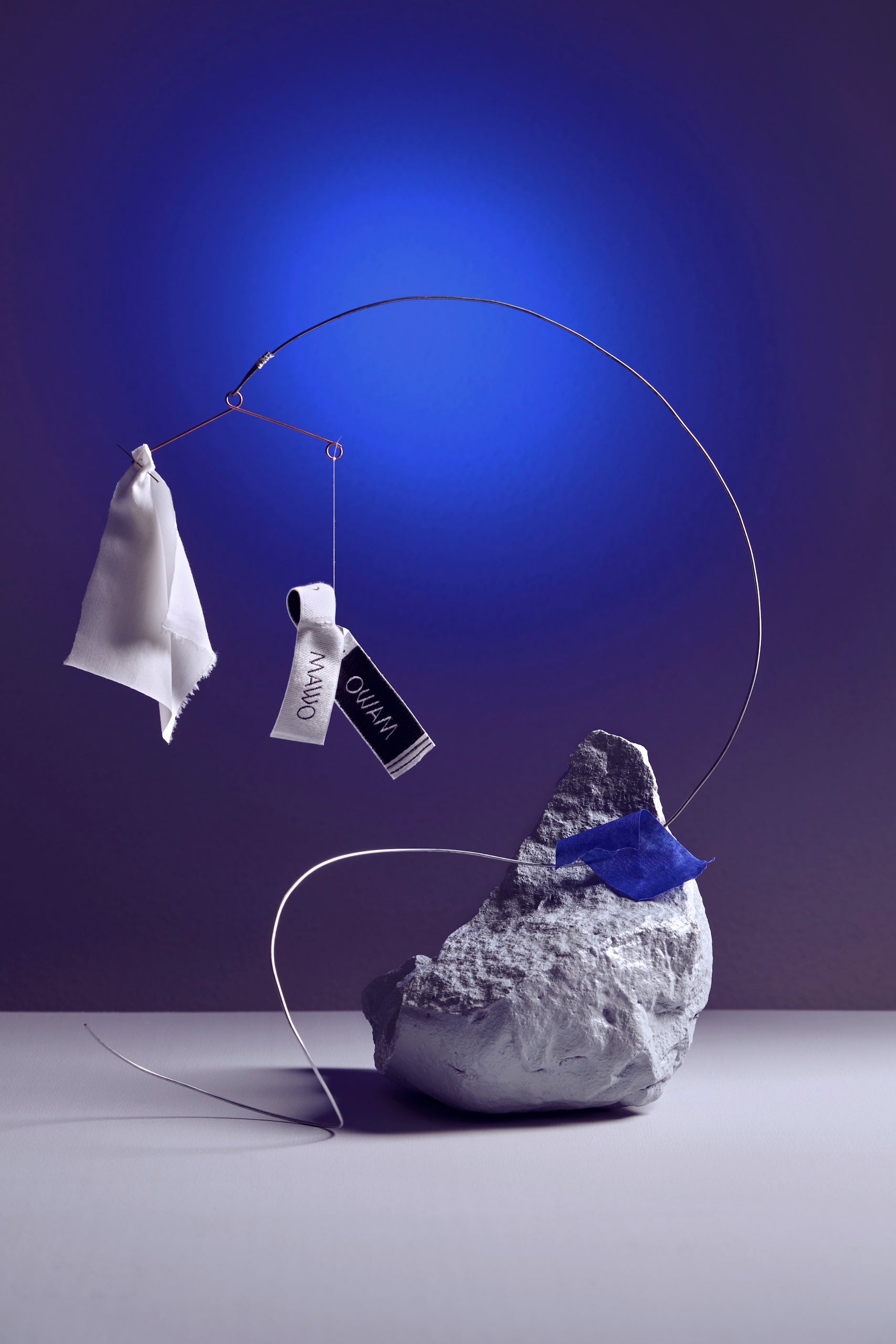
Packing and hangtags
We have a close to 0 plastic policy, which is why our packaging, hangtags and any other paper products we use in our marketing are made of 100% FSC certificate recycled paper. We also use ink made of natural ingredients to write you messages and recycled glue to seal the envelopes.


Partners
We know who makes our shirts and we want you to know it too. But making the production process fully transparent and traceable was not as straight forward as we imaged it to be. Identifying and partnering with ethical, committed suppliers is still not the norm, but we are happy to say that everything that goes into making our shirts is fully traceable and sourced from ethical suppliers who show an active commitment towards circularity. We base our collaboration on a shared philosophy of ethical production and work together towards a fairer, more transparent and inclusive fashion industry.
Our main suppliers:

Fabric Mill
A family business founded in 1971 in Turkey, they are our trusted fabric suppliers, famous across the world for their top-shelf cotton. We were impressed by their adherence to the highest sustainability standards - they are GOTS and OEKO-TEX 100 certified and one of the first producers to join the Better Cotton Initiative (BCI) which taught farmers how to farm their cotton better. One of our favourite thing about our fabric mill was that they grow their own special cotton locally. As a result, their lead times and carbon footprint are a lot lower compared to those of other producers.

Sewing Factory
Our sewing partners from Poland are known for the finest tailoring and craftsmanship. When we sat foot in the sewing factory located in Wieruszow, Poland, we instantly knew we would work together. Maria, the current owner, took over this facility in 2006 when the previous owner moved the production to China. Thanks to her 160 people kept their jobs. She and most of her team have been in the business for over 40 years and their skills are hard to match. What we really loved about this company was their commitment to their staff's wellbeing. You could feel that the employees were happy and treated with respect.

Commitments
In our quest to create a fully-sustainable business we got to the bottom of the issue: Ethical production is the work of many, it can not be done in isolation. This is one of the reasons why full-sustainability, that which integrates both environmental and social considerations, is still to be achieved. However, in the light of the knowledge we've gained, we feel hopeful that the industry is moving in the right direction and are committed to working tirelessly to find solutions to the problems we collectively created.
We are commited to:
Only using certified fabrics and components.
Remaining fully transparent - we will keep showing you #whomadeyourclothes and our supply chain will remain fully disclosed.
Joining other sustainable apparel organisations in their quest for a fairer industry.
Working only with ethically-minded suppliers and inspiring other small businesses to do
the same.
Measure our environmental impact every year and find ways to continually lower it.
Use only plastic derivates which are sustainably sourced and recycled - at the moment our only plastic derivates are threads and labels made of recycled polyester from PET
bottles.
Access available support to become a fully circular business.
<3